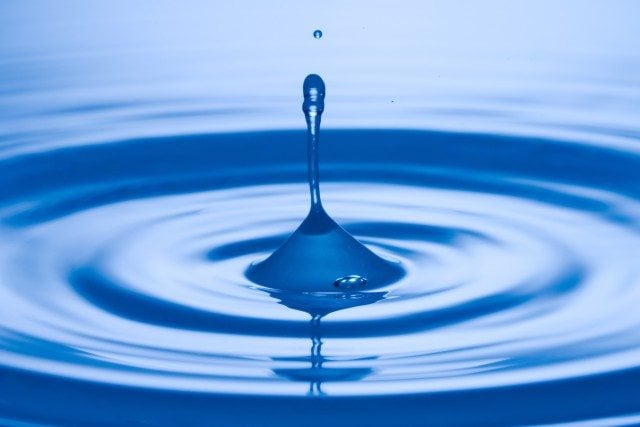NSF International has developed a standard that tests the ability of home water treatment devices to reduce certain emerging contaminants in drinking water.
The standard, NSF/ANSI 401: Drinking Water Treatment Units – Emerging Compounds/Incidental Contaminants, evaluates the ability of water treatment devices to reduce up to 15 emerging contaminants in drinking water, including some prescription/over the counter (OTC) drugs, some new types of herbicides and pesticides and chemicals used as flame retardants and detergents.
More than 56 products have already been certified to the standard by major manufacturers including 3M Purification Inc., Access Business Group LLC, Amway China Co., Aquasana Inc., Electrolux Home Products, Everpure LLC, General Electric Company, Kaz USA Inc., Kemflo / Filbur and Whirlpool Corporation.
According to NSF International’s Water Quality Insight Survey conducted by telephone on 1,014 adults in the US, 82% of respondents say they are concerned about trace levels of emerging contaminants in drinking water, such as pesticides and herbicides (87%), prescription drugs (34%) and detergents (24%).
Emerging contaminants include some prescription drugs, over-the-counter (OTC) medications, flame retardants, detergents and new types of herbicides and pesticides, which have been detected at trace levels in drinking water.
Although the health risks associated with trace levels of emerging contaminants are not yet well understood, their presence in drinking water at even low levels has many consumers concerned.
The survey indicated that despite these concerns, most consumers still improperly dispose of some of these emerging contaminants by throwing unused prescription and OTC drugs in the garbage (34%) or flushing them down the toilet (19%).
About 28% said they correctly bring them to a pharmacist or clinic for disposal.
“NSF International’s survey results clearly show that consumers are very aware of and concerned about emerging contaminants in drinking water,” says the organisation’s water treatment expert Rick Andrew.
“While the industry isn’t currently aware of negative health effects associated with trace levels of these contaminants, many consumers understandably want to have the highest quality drinking water possible for themselves and their family.”










